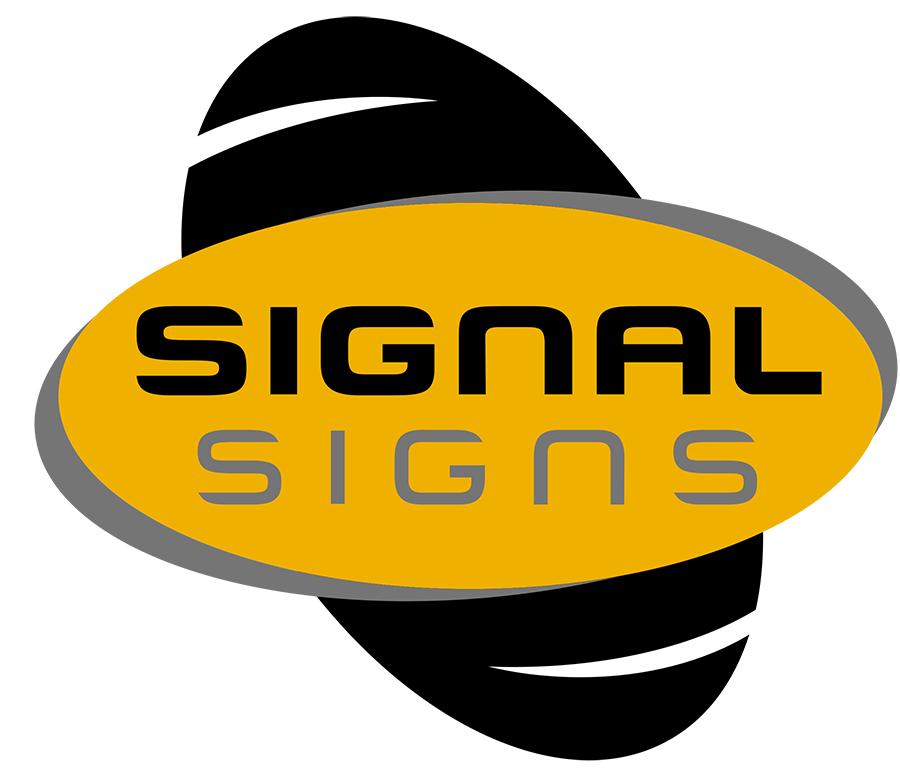Vinyl Surface Requirements
The good news is – Vinyl will stick to many surfaces. In determining whether your intended surface is adequate, keep in mind that, as a general rule of thumb, vinyl will stick to almost any surface that is clean and either smooth or nonporous. To demonstrate the necessary surface qualities, we use glass versus brick as a quick example. Vinyl will stick very well to glass because of its smooth surface. On the other hand, due to its rough exterior, vinyl will not stick well to brick.
Acceptable surfaces
• Glass
• Metals (Must be painted with a smooth, glossy enamel.)
• Vehicles (Must be painted with a smooth, glossy enamel.)
• Vinyl (Such as Banners, Canopies, flags, etc.)
• Plastic
• Fiberglass (Must be painted with a smooth, glossy enamel.)
• Wood (Must be painted with a smooth, glossy enamel.)
• Other Painted Surfaces (Paint must be smooth and glossy, vinyl will not stick to oxidized, faded, or peeling paint)
Not recommended surfaces
• Cement
• Raw Lumber
• Oxidized or faded paint
• Peeling paint
• Rubber
• Raw Metals
• Oily Surfaces
These lists are not comprehensive and there are other acceptable and unacceptable substrates than those listed above. Again, when in doubt, apply the rule that states vinyl will generally adhere well to smooth, glossy and clean surfaces. Rough, dull, peeling, porous or dirty surfaces, on the other hand, will likely not produce an acceptable vinyl application.
See Some Of Our Vinyl Work
Let's Talk
Office: 770-941-9900
Stop By
440 Six Flags Pkwy
Mableton, GA 30126
